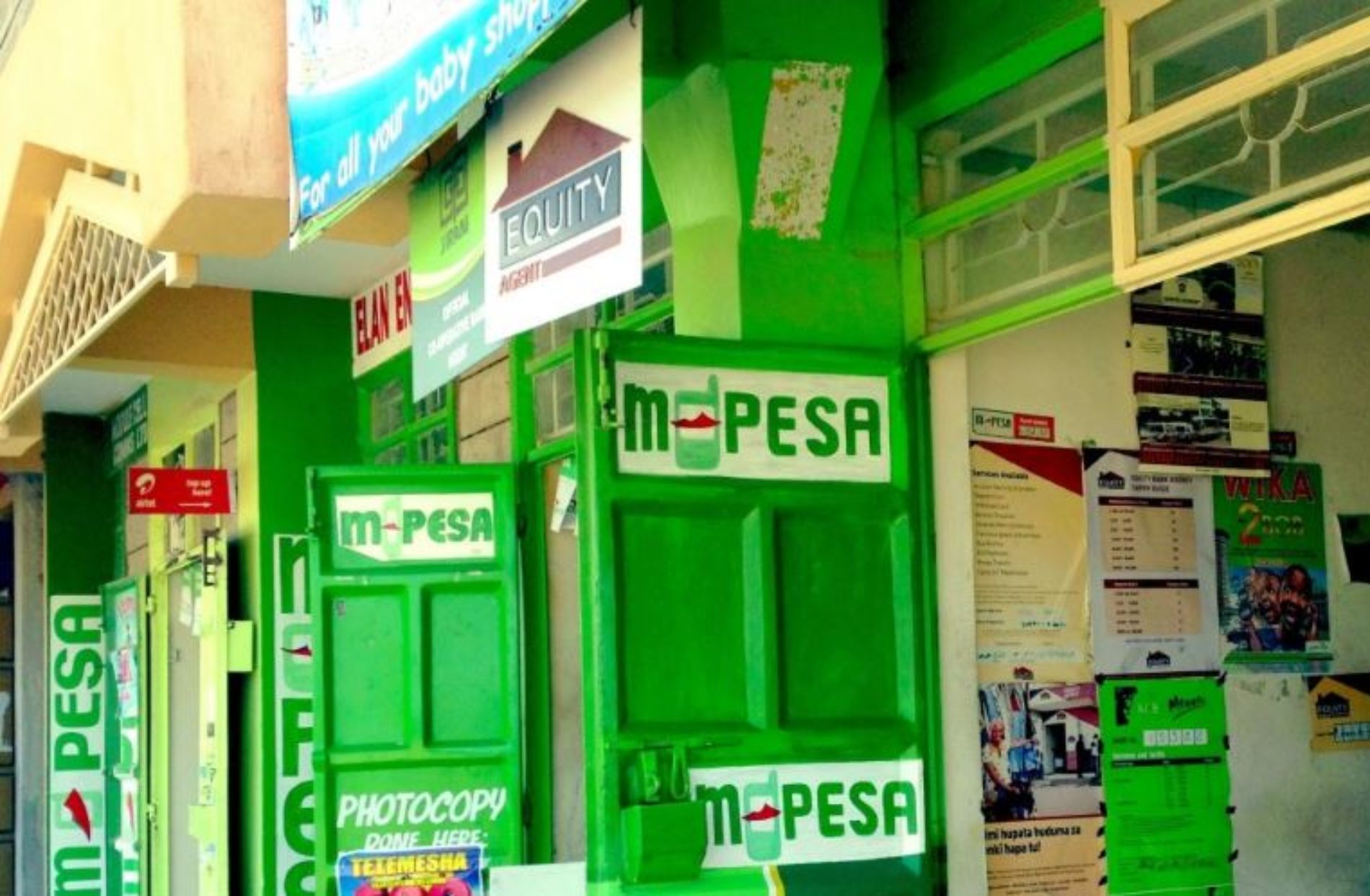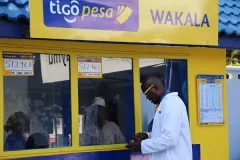Many users have taken to social media to fault Safaricom for not alerting them of an impending M-PESA service interruption.
M-PESA, the mobile money product owned by Kenya’s leading telco Safaricom, has been experiencing an outage, primarily affecting its paybill services and bank-to-M-PESA transfers. Amid frustrations from users who are voicing their concerns online, Safaricom has yet to state explicitly what is causing the disruption. The telco has only posted a brief message on its social media pages acknowledging the technical issue.
“We are experiencing a recurring service intermittently affecting some paybill payments. The issue is under resolution by our technical team, we shall inform you once normal services resume,” Safaricom said on X.
Paybill services are very popular in Kenya as they allow M-PESA users, among other mobile money service customers, to pay for goods and services or transfer money from one platform to another. Local banks have also notified their customers that they cannot transact via M-PESA channels, although some of these lenders have acknowledged that some services are back online. One bank texted customers, “We are experiencing intermittency on M-PESA services… we will advise once this is fully restored by our partners.”
Poor communication from Safaricom
The primary issue with these interruptions is that Safaricom does little to warn its customers of an impending outage. This has always been the norm when customers are alerted to an outage in advance. However, lately, this communication channel has deteriorated, compelling customers to demand answers from Safaricom on social media.
A few days ago, when the same interruption occurred, it took the telco a couple of hours to inform customers what was going on with the services. Safaricom then disabled the reply option on its post on X, meaning customers could not voice their feedback. This paints a picture of a company that is not ready to engage its customers, yet most Kenyans use its products, including M-PESA.
Rivals are unable to pose the needed competition
Launched in 2007, M-PESA, which contributes 40% of Safaricom’s revenue, has managed to maintain its market lead for many years thanks to its early entry into the market, product innovation, and the resources of its parent company. Rivals such as Airtel Money and Telkom Kenya’s T-Kash have been struggling to gain market share and customers. In mid-2023, M-PESA led the market with a 96.5% market share, followed by Airtel Money and T-Kash at 3.4% and 0.1%, respectively. The three products serve up to 38.1 million Kenyans as of September 2023.
The Central Bank of Kenya, among other government agencies, has been attempting to make other mobile money products attractive to Kenyans. Two years ago, paybill and Buy Goods services were made interoperable. However, the development has yet to pick up as locals still prefer using the more expensive M-PESA.
“Pesalink needs to have an app and its own ecosystem that integrates with payment services and allows us to withdraw through local agents. Airtel needs to drop a lot of money over the next half-decade promoting Airtel Money, maybe a customer acquisition campaign,” Kiruti Itimu, an M-PESA customer suggested amidst the outage.
Airtel Kenya, which rarely shares its financials publicly, has been unable to make Airtel Money an appealing proposition. Telkom Kenya, which is experiencing financial constraints of its own due to the $27 million debt it owes the American Tower Corporation (ATC), has also failed to popularise T-Kash amongst its customers. The general argument is that M-PESA is too big to beat—although this argument was debunked following a study by Analysys Mason.
The last attempt to change things could happen if Airtel Money and T-Kash customers can access M-PESA agency network because out of the 338,209 registered agents, the majority of them serve M-PESA customers.





















